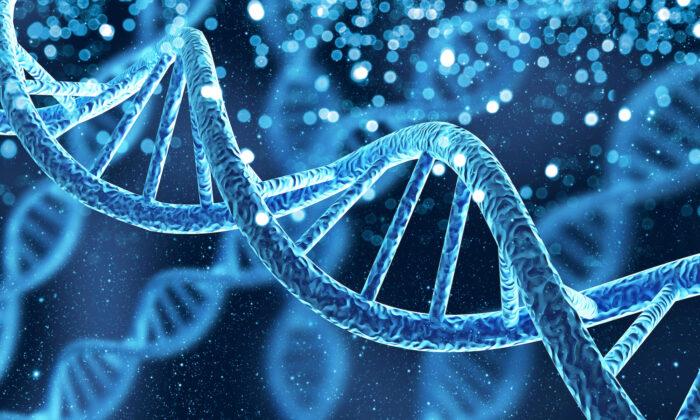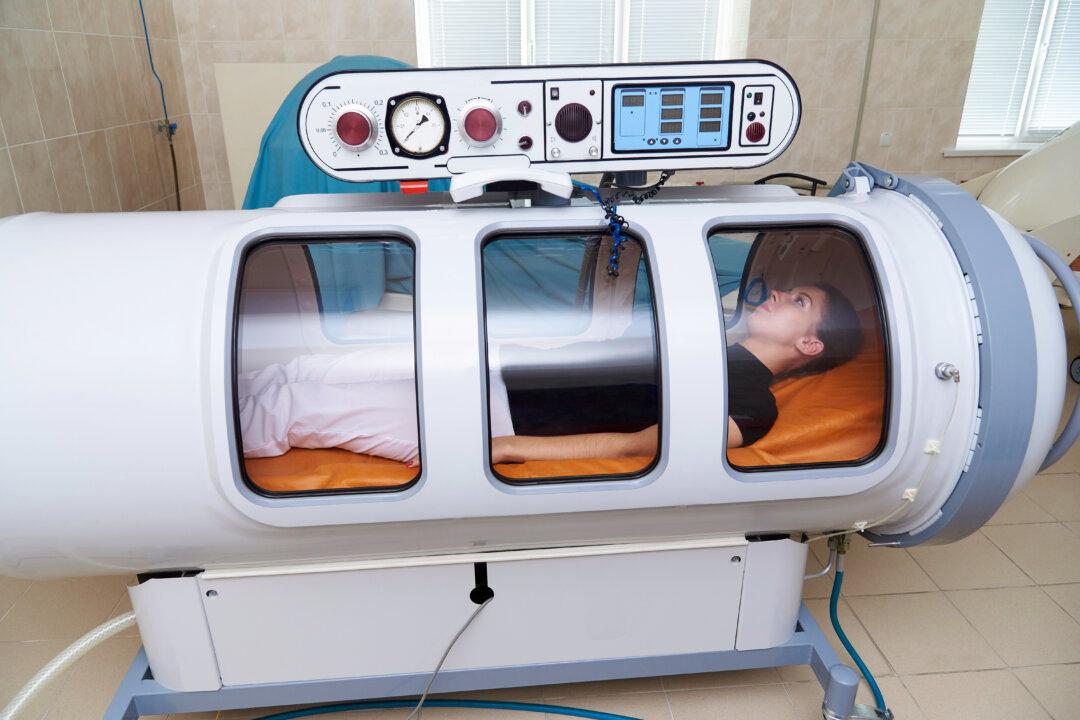Small intestinal bacterial overgrowth (SIBO) has a reputation for being significantly underdiagnosed as many of its symptoms are similar to other health issues.
Adgebola is a physician-scientist who now specializes in gut issues such as SIBO. She started her private practice after a recent family member suffered from debilitating gut problems. This made her realize there aren’t a lot of products and resources out there for those suffering from these types of conditions.
What Is SIBO?
There are several types of SIBO, but this article will focus on hydrogen-dominant SIBO, which is characterized by an excess production of hydrogen in the small intestine and is frequently associated with diarrhea.Another common form of SIBO is methane-dominant, and it’s frequently associated with constipation.
- Abdominal pain after a meal
- Diarrhea
- Weight Loss
- Gas
- Indigestion
- Constipation
- Cramps
- Bloating
Nutrient Deficiencies
While many SIBO symptoms are impossible to miss, others are more subtle, especially nutrient deficiencies. The small intestine’s key role is absorbing nutrients from our food, and a bacterial invasion can disrupt this key function, Adgebola says. The consequences can be significant:- Vitamin B12 deficiency: This causes muscle weakness and tingling and numbness in hands and feet. In advanced cases, there can be central nervous system damage and mental confusion. It can also lead to anemia.
- Calcium deficiency: SIBO leads to fat malabsorption. Excess fat binds calcium, reducing its absorption. This can lead to osteoporosis.
- Lactose intolerance: SIBO can damage the gut lining and people with the condition can become intolerant to dairy products.
- Other nutritional deficiencies: Deficiencies in zinc, iron, and vitamins A, D, E, and K are all possible outcomes.
Testing for SIBO
If your doctor suspects you have SIBO, they will order a hydrogen and methane breath test.When taking the test, you’re first given a sugar drink and then required to blow into a tube. If anaerobic bacteria in your small intestine break down those sugars, they will produce hydrogen. The test measures the amount of hydrogen (or methane) in your breath.
Treatment Overview
“Treatment of hydrogen SIBO is generally divided into phases,” Adgebola said. You want to eradicate the bacteria overgrowth and then treat the root cause.In the first phase of eradication, the goal is to kill off the excessive bacteria in your small intestine.
Doctors usually use the antibiotic rifaximin to kill the excess bacteria, but many people don’t tolerate the drug well.
“While there are other herbal antimicrobials like oregano oil capsules, garlic, and olive leaf extract, peppermint oil is more commonly used,” Adgebola said.
Scientific literature also shows that the use of probiotic supplements and an elemental diet are also effective in reducing SIBO symptoms and eradicating excessive bacteria.
Low-FODMAP Diet
FODMAP is an acronym for fermentable oligosaccharides, disaccharides, monosaccharides, and polyols, which are the scientific names for four types of carbohydrate molecules found naturally in a variety of fruits, vegetables, grains, legumes, and milk products.- Garlic
- Onions
- Wheat or grains that contain fructans
- Dairy (lactose)
- Beans
- Some fruits
- Sweeteners
Natural Treatments Versus Antibiotics
According to the 2017 Integrative SIBO Conference hosted by Natural Medicine Journal, the main natural treatment options for SIBO include dietary modification and herbal antimicrobials.Research shows that herbal supplements may work equally well, if not better, than antibiotics in the eradication of bacteria.
- One case of a severe allergic reaction.
- Two cases of a mild allergic reaction.
- Two cases of diarrhea.
- One case of a C.difficile infection.
Most pharmaceutical antibiotics indiscriminately eradicate all bacteria in our gut, even the good ones that help digestion and other functions such mood regulation.
Root Causes
Adgebola says it isn’t enough to just address the symptoms of SIBO.“Because SIBO is a symptom of an underlying cause, once you’ve eradicated bacterial overgrowth, it’s important to treat the underlying cause of SIBO, because if you just get rid of the bacteria, it could seem to go away and then come back later,” she said.
- Complications of abdominal surgery: This includes an antrectomy to treat peptic ulcers and stomach cancer or a gastric bypass for obesity.
- Structural problems in and around your small intestine: This can include low motility (weak contractions), scar tissue, and bulging pouches of tissue that protrude through the wall of the small intestine (intestinal diverticulosis).
- Low levels of stomach acid: If you have low levels of stomach acid, you aren’t killing the bad bacteria and they can multiply more than they should, causing an imbalance.
- Alcohol abuse: This can result in damage to the intestinal wall and disrupt the natural gut flora.
- Certain medical conditions: Crohn’s disease, radiation enteritis, scleroderma, celiac disease, diabetes, or other conditions that can slow the movement (motility) of food and waste products through the small intestine.





